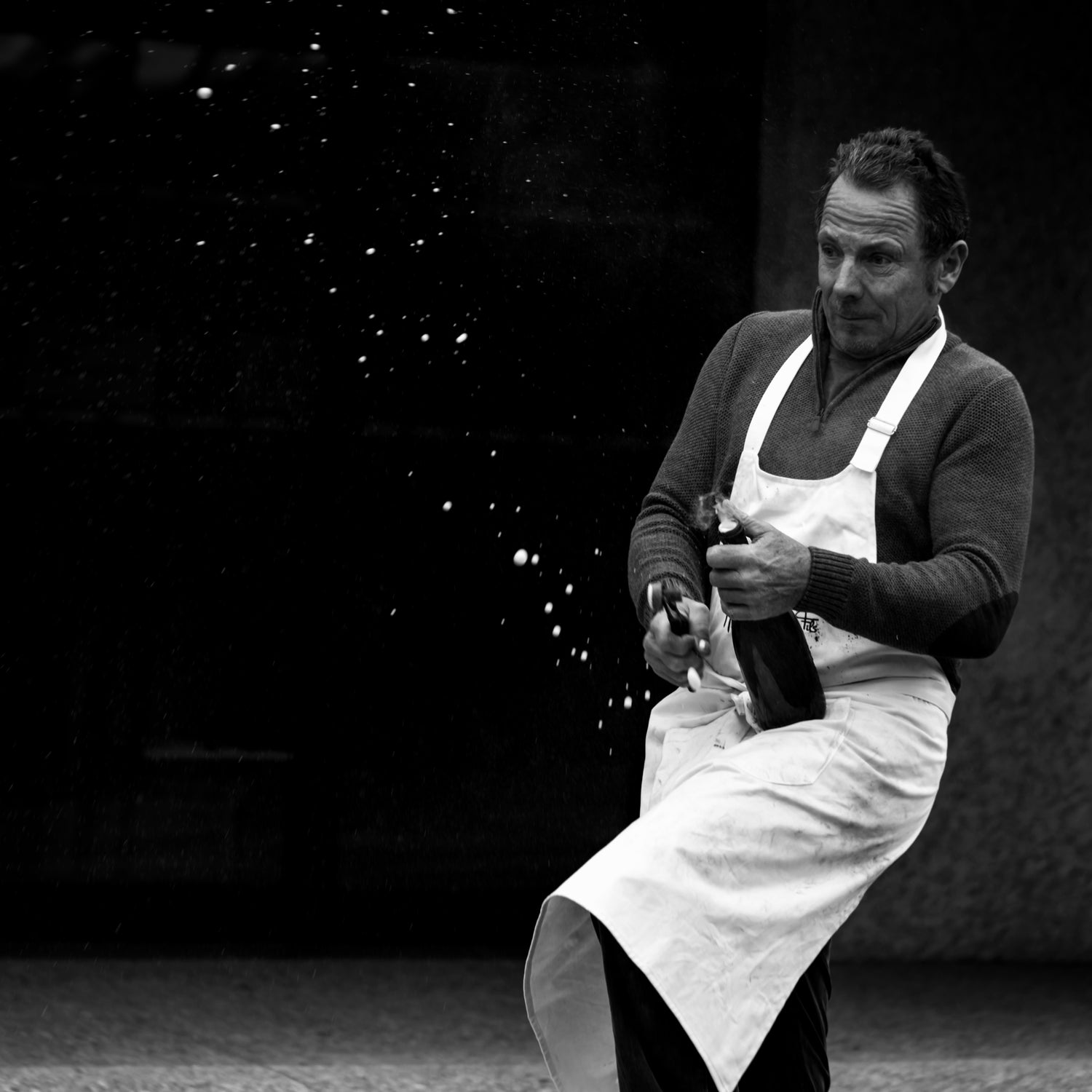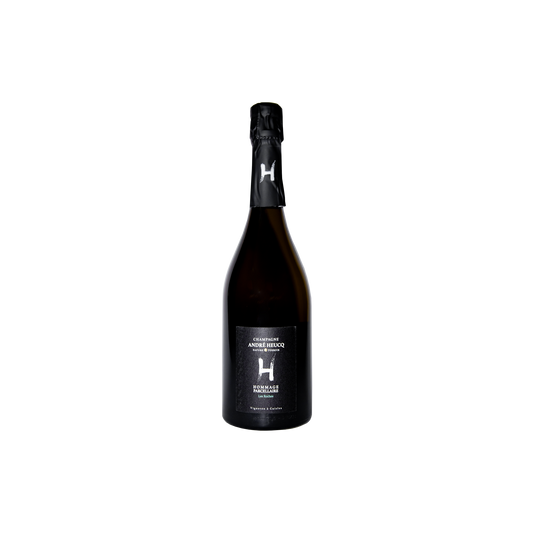ANDRÉ HEUCQ

André took over from his father, Roger, In 1973, inheriting a family tradition of crafting and bottling their own champagne since 1936. The majority of their vines date back to the 1950s. André started his focus on organic viticulture when he took over and continues to practise biodynamic methods today. His aim is to preserve and enhance the biodiversity in his vineyards, allowing him to create intense, yet fine and elegant champagne that is distinguished by its unique terroir.
In Cuisles, located in the Vallée de la Marne, they cultivate 6 hectares of vineyards, with Meunier being the most prominent grape variety. The soil in Cuisles is highly unique in the region, distinguished by a three-layered structure of sand, green clay, and calcareous clay. As green clay retains water much better than chalky soils and with showers being much less frequent in Cuisles, the conditions are perfect for the Meunier grape to develop splendid minerality, body, and ageing potential compared to anywhere else.
André does not use filtration and minimises the use of sulphur, opting for oak casks during maturation to achieve balance and harmony. His passionate focus on nature and terroir is complemented by his outstanding dedication to innovation and sustainability, as evident through practices such as spring water collection, recycling of washing and rainwater, achieving electrical independence, and implementing natural ventilation in his buildings with a ground-coupled heat exchanger.
Inspiring just like his champagne!
CHAMPAGNE
Champagne is situated approximately 150 kilometers southeast from Paris. Its heart is located around Reims, where almost all French sovereigns were crowned.
Reims is surrounded by a line of hills that rise from a plain crossed by the river Marne. The uniqueness of this area arises from the cool climate with maritime influences and the predominant limestone soil structure, which preserves the grapes’ freshness and vitality.
Among the seven grape varieties authorized for crafting Champagne, Pinot Noir, Pinot Meunier and Chardonnay are the most prevalent. These grapes thrive on limestone and marl soils and are used to create both cuveés and varietals.
In recent times, an increasing number of small producers have emerged, creating authentic terroir wines that allow the grape variety, soil and vintage to express their unique origins.
ALL THEIR WINES
-
Hommage Parcellaire Les Roches 2015
Regular price €74,00 EURRegular priceUnit price €98,67 per l

